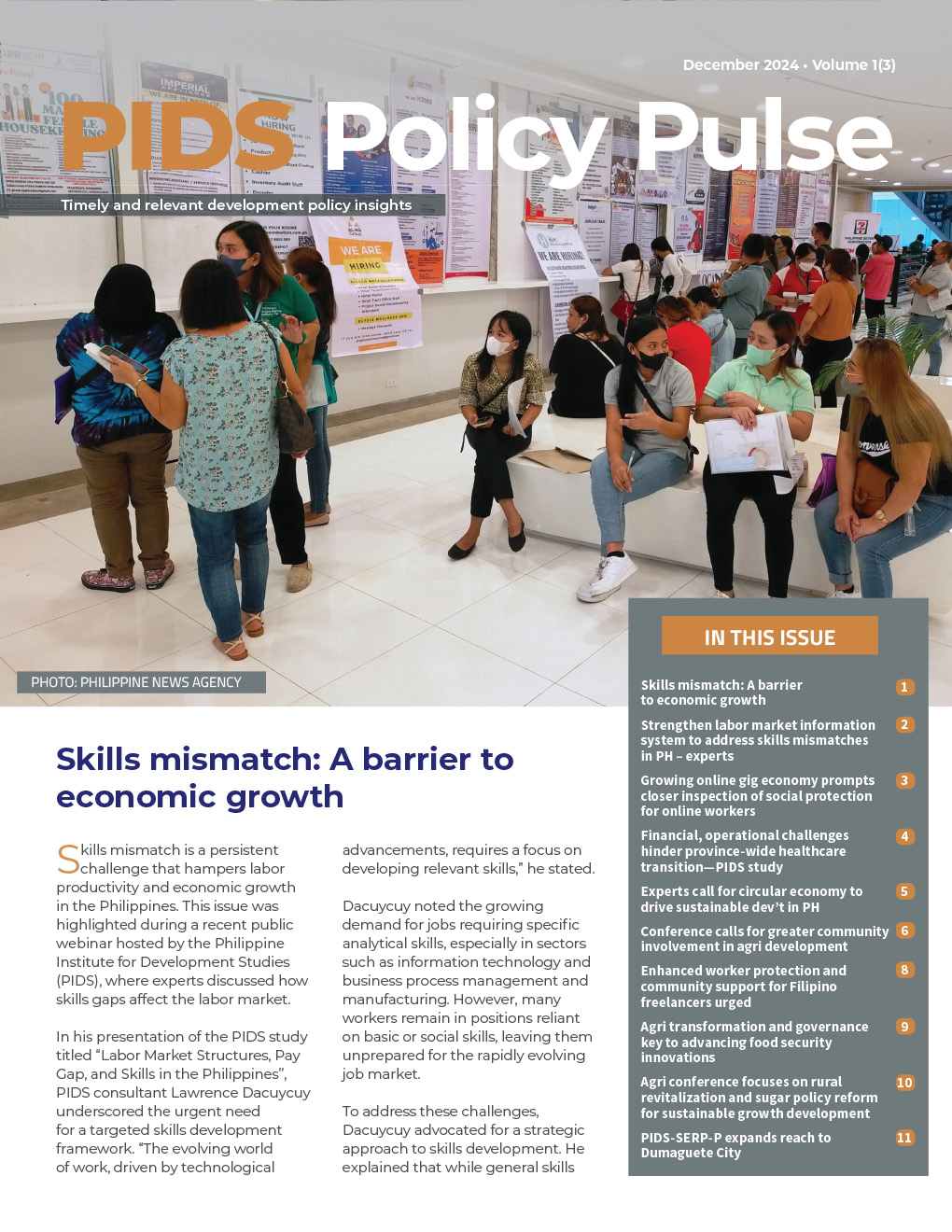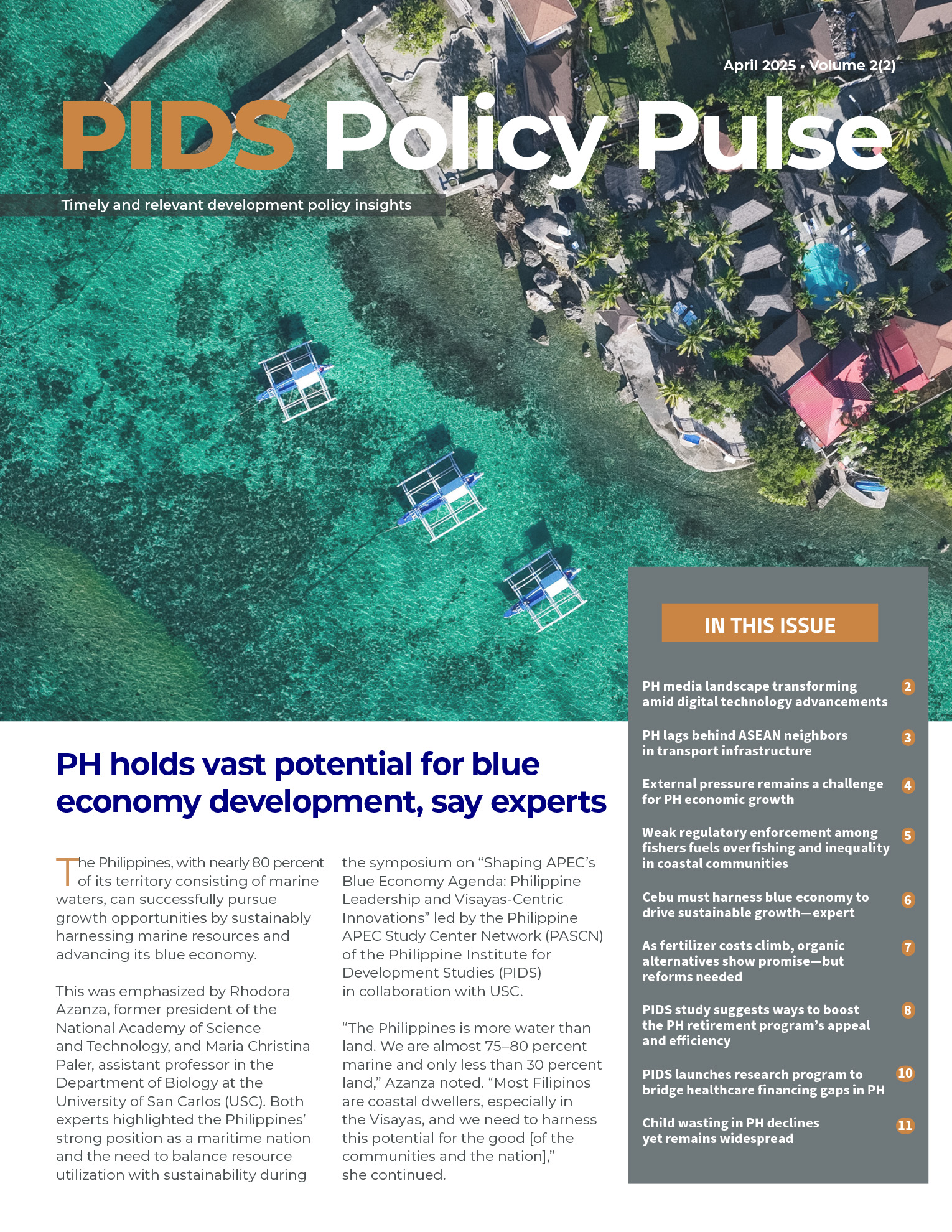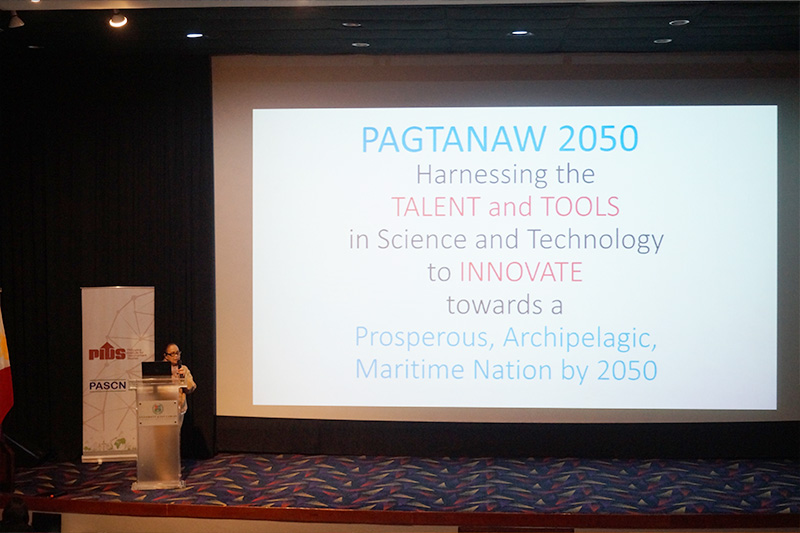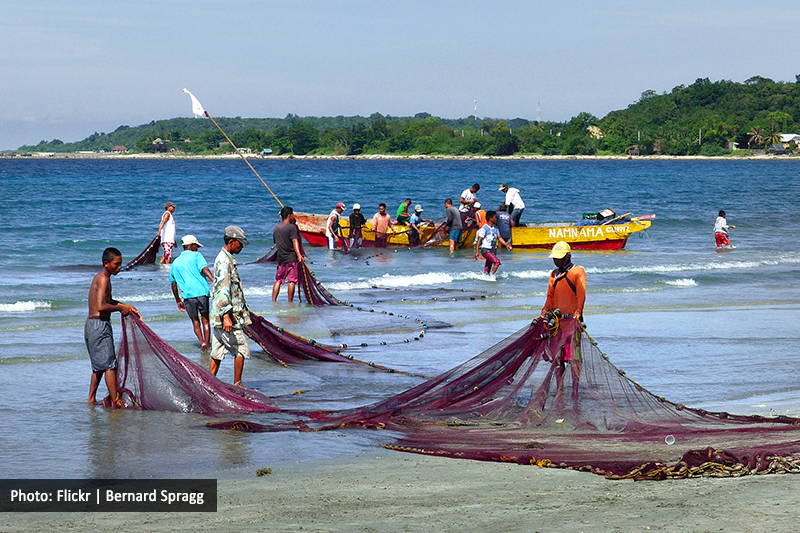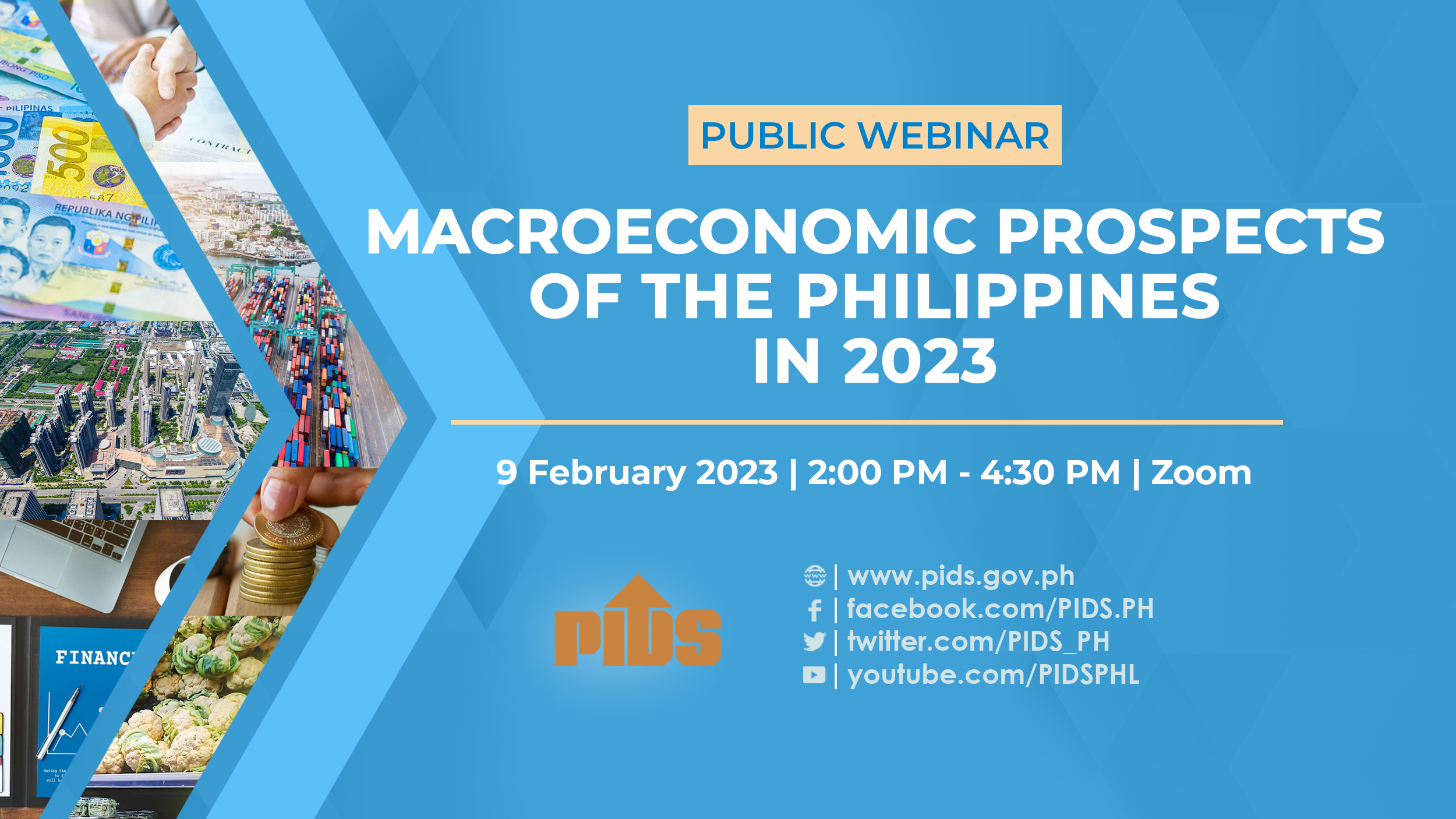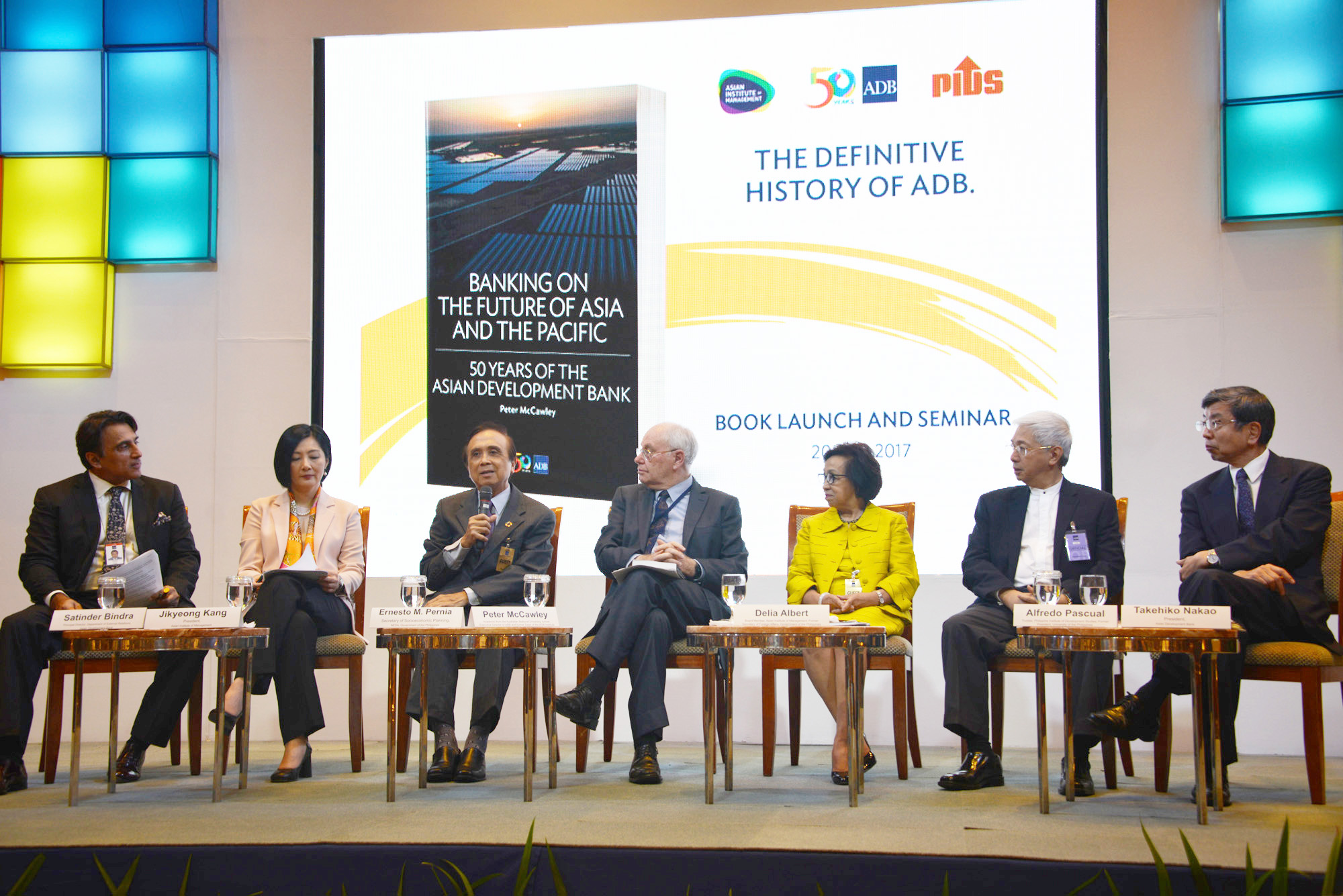
To sustain economic gains in the country, Philippine Institute for Development Studies (PIDS) Board of Trustees Alfredo Pascual urged the implementation of a cluster approach in doing business especially among small and medium enterprises.
“I think we need to promote the clustering of these enterprises so they can work closely with large anchor enterprises which can provide them with markets, production technology, and financing,” he said, adding that this strategy “will make the economic growth inclusive”.
Pascual made this statement as one of the speakers during the panel discussion following the launch of Asian Development Bank’s history book “Banking on the Future of Asia and the Pacific” at the ADB Headquarters in Manila on Tuesday, June 20.
The other panelists, which include Socioeconomic Planning Secretary and National Economic Development Authority Director-General Ernesto Pernia, Asian Institute of Management (AIM) President Jikyeong Kang, ADB President Takehiko Nakao, and AIM Board Member and former Secretary of Foreign Affairs Delia Albert, also agreed that one of the important factors of economic growth is investing on infrastructure.
In the Philippines, Pernia said the country’s massive spending on infrastructure will give “additional kick to economic growth” albeit, difficult.
“It’s so easy to approve projects. You analyze projects and you find them economically viable and financially sound, but when it comes to implementing on the ground, that is where you encounter hiccups,” he explained.
Pernia also encouraged the public to have “virtuous impatience”, saying that “citizens need to demand government for better performance and faster approval of projects.”
Kang, for her part, also stressed the importance of providing entrepreneurs a conducive environment where they can grow, and allowing new entrepreneurs to come in and compete with established businesses.
Nakao, on the other hand, called for support on tax and education reform in the country saying that if the country starts changing, it can happen much more speedily, than anybody can expect.
Collaborating for the ‘Asian Century’
While the panelists are optimistic about the so-called “Asian Century”, they believe that much work is needed especially in getting the countries to work together.
As an expert on foreign affairs, Albert asserts that when one talks about Asian Century, the Association of Southeast Asian Nations (ASEAN) and its integration should not be out of the picture, saying that it is important that “Asians themselves are thinking how the region will be transformed.” She added that the ASEAN has a very important role to play in the Asian Century’s “very deep” foundation.
Meanwhile, Pascual highlighted the importance of education in creating an integrated region because there are sociocultural aspects that stakeholders need to attend to, so people feel that they are part of the same region.
Kang also urged the region to work toward the Asian Century despite being in the “century of diversity”.
Nakao, on the other hand, warned everyone not to be complacent with the increasing growth of the economy, unless basic needs, such as water and electricity, are achieved.
The book launch is in collaboration with state think tank PIDS and AIM to celebrate ADB’s 50th anniversary. Authored by Peter McCawley, the book talks about ADB’s history—from its beginnings in Manila in 1966 to how it has evolved in the present. The book also includes its significant role in the transformation of Asia, from being the poorest region to becoming one of the biggest contributors to the world’s economic growth. ###
You may view photos of this activity on the PIDS website.
“I think we need to promote the clustering of these enterprises so they can work closely with large anchor enterprises which can provide them with markets, production technology, and financing,” he said, adding that this strategy “will make the economic growth inclusive”.
Pascual made this statement as one of the speakers during the panel discussion following the launch of Asian Development Bank’s history book “Banking on the Future of Asia and the Pacific” at the ADB Headquarters in Manila on Tuesday, June 20.
The other panelists, which include Socioeconomic Planning Secretary and National Economic Development Authority Director-General Ernesto Pernia, Asian Institute of Management (AIM) President Jikyeong Kang, ADB President Takehiko Nakao, and AIM Board Member and former Secretary of Foreign Affairs Delia Albert, also agreed that one of the important factors of economic growth is investing on infrastructure.
In the Philippines, Pernia said the country’s massive spending on infrastructure will give “additional kick to economic growth” albeit, difficult.
“It’s so easy to approve projects. You analyze projects and you find them economically viable and financially sound, but when it comes to implementing on the ground, that is where you encounter hiccups,” he explained.
Pernia also encouraged the public to have “virtuous impatience”, saying that “citizens need to demand government for better performance and faster approval of projects.”
Kang, for her part, also stressed the importance of providing entrepreneurs a conducive environment where they can grow, and allowing new entrepreneurs to come in and compete with established businesses.
Nakao, on the other hand, called for support on tax and education reform in the country saying that if the country starts changing, it can happen much more speedily, than anybody can expect.
Collaborating for the ‘Asian Century’
While the panelists are optimistic about the so-called “Asian Century”, they believe that much work is needed especially in getting the countries to work together.
As an expert on foreign affairs, Albert asserts that when one talks about Asian Century, the Association of Southeast Asian Nations (ASEAN) and its integration should not be out of the picture, saying that it is important that “Asians themselves are thinking how the region will be transformed.” She added that the ASEAN has a very important role to play in the Asian Century’s “very deep” foundation.
Meanwhile, Pascual highlighted the importance of education in creating an integrated region because there are sociocultural aspects that stakeholders need to attend to, so people feel that they are part of the same region.
Kang also urged the region to work toward the Asian Century despite being in the “century of diversity”.
Nakao, on the other hand, warned everyone not to be complacent with the increasing growth of the economy, unless basic needs, such as water and electricity, are achieved.
The book launch is in collaboration with state think tank PIDS and AIM to celebrate ADB’s 50th anniversary. Authored by Peter McCawley, the book talks about ADB’s history—from its beginnings in Manila in 1966 to how it has evolved in the present. The book also includes its significant role in the transformation of Asia, from being the poorest region to becoming one of the biggest contributors to the world’s economic growth. ###
You may view photos of this activity on the PIDS website.

